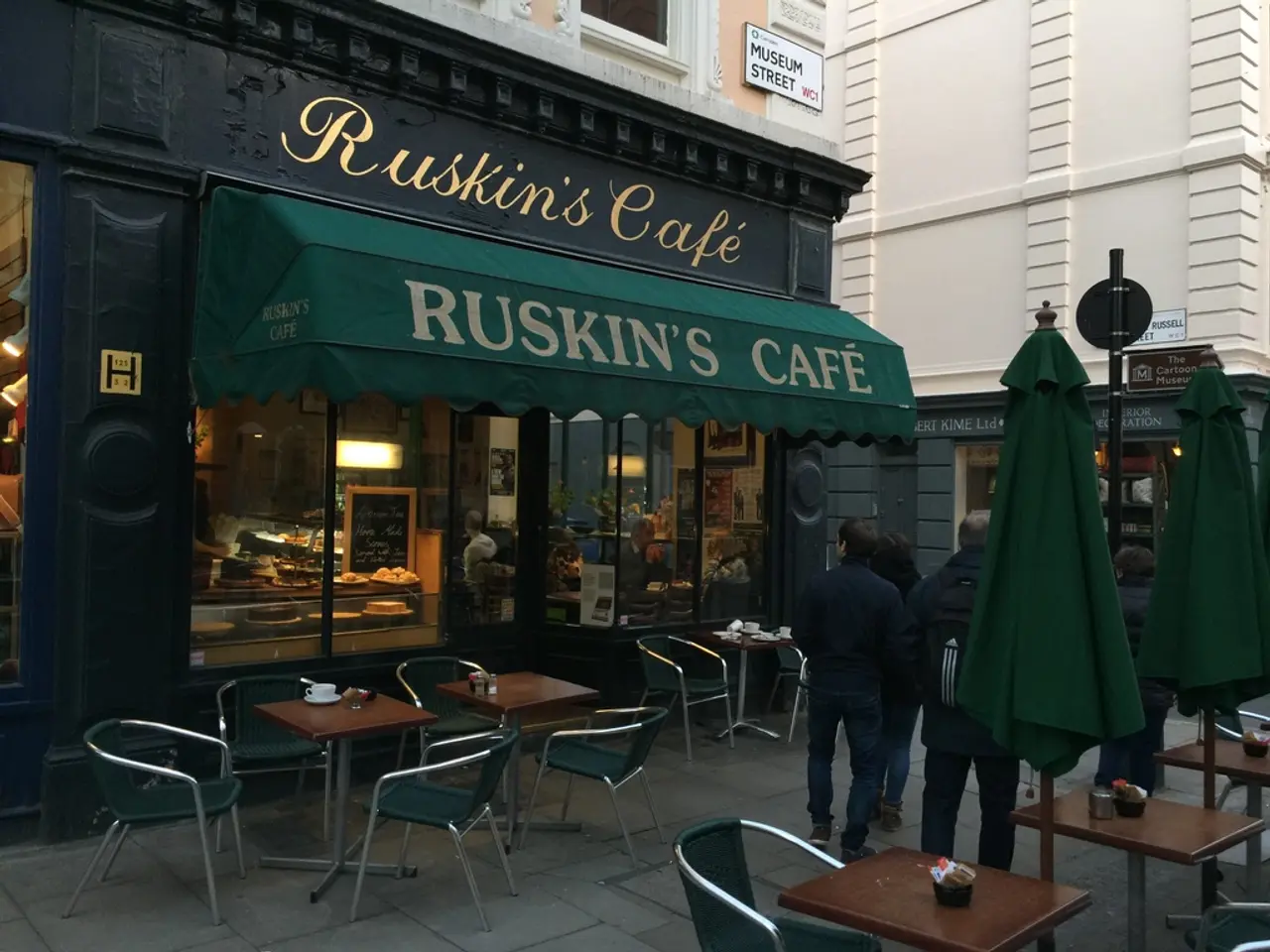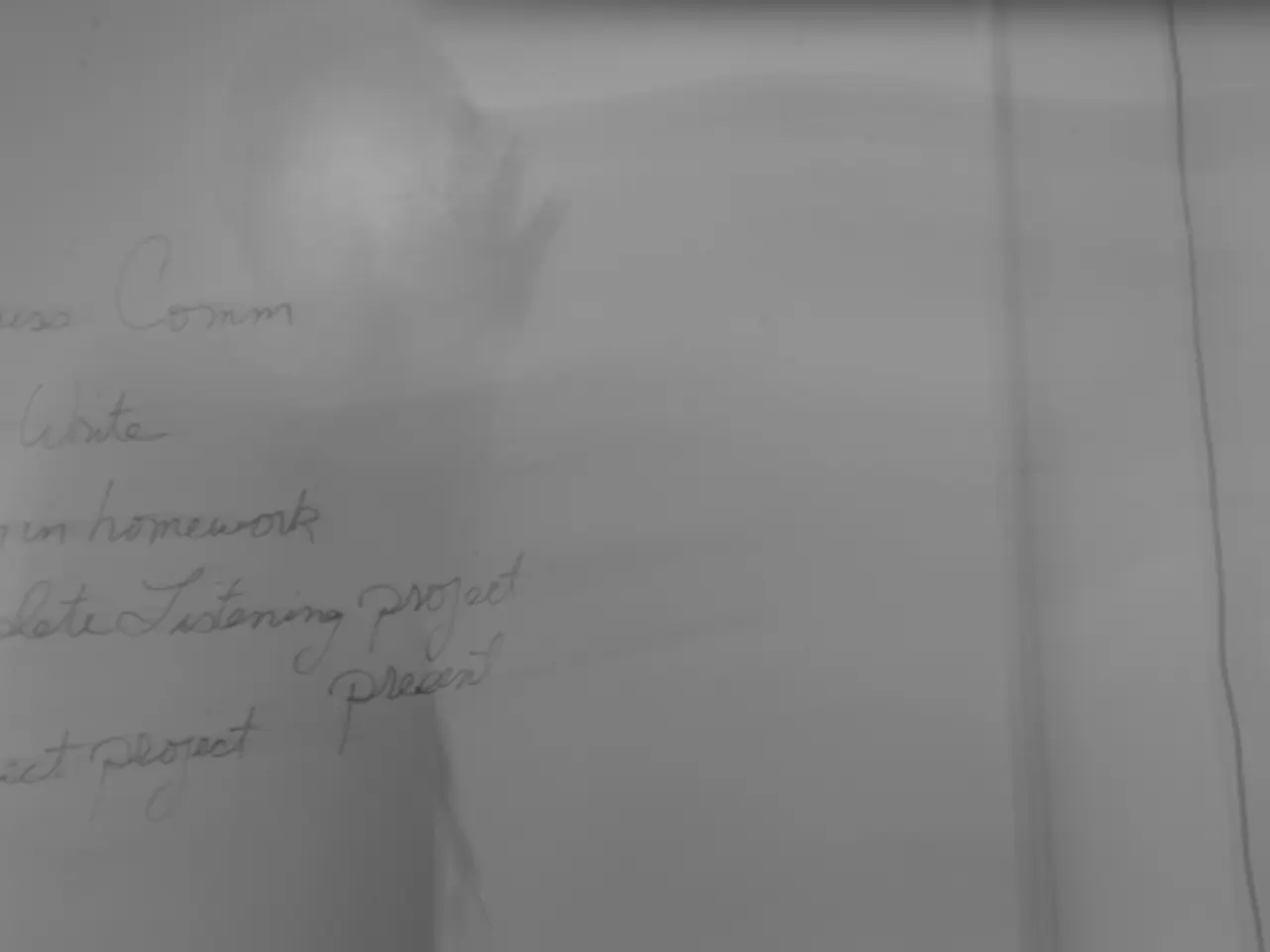Russian lawmakers suggest increasing mortgage payments to approximately 900,000 rubles.
A New Lease on Life for Large Families: Insights on Mortgage Subsidies in Russia
Got some juicy news for you! Looks like the Russian government is stepping up its game to support large families, aiming to take the edge off of mortgage repayments. Here's a lowdown on what's happening in the mortgage world as of late, based on the latest from sources like "Izvestia" and RBC Group.
First off, state Duma is mulling over a proposal to boost mortgage repayment subsidies for large families to a whopping 900,000 rubles. Anatoly Aksakov, head of the State Duma's Financial Market Committee, thinks it's a great idea to encourage those funds to be used towards paying off the loan. He tells us that Russia already has a wide range of programs to nurture fertility, but the demographic situation calls for additional incentives.
The family investment program, set to launch in 2026, also seems promising. According to the committee chairman, this project will involve a joint account for couples, with interest accumulating over time. Families can snag a tax deduction of up to 130,000 rubles under this program, thanks to Aksakov's initiative.
For now, large families can claim a federal payment of 450,000 rubles for mortgage repayment. To be eligible, families need to have three or more children.
Speaking of children, Alexander Pohomov, deputy president and chairman of VTB, has announced a reduction in mortgage rates since the St. Petersburg International Economic Forum. Under the new terms, the market mortgage rate starts at 25.3% for purchasing apartments and apartments, and 25.9% for individual housing construction. The combination mortgage rate begins at 6.97% in association with the family government program and 7.03% with IT mortgage.
That's not all from VTB. The bank's future plans include a review of the terms of consumer and auto loans in the near future. So, that's a lot to digest, but it's all about helping families grow roots and provide a better future for their large broods!
Now, let's dive a little deeper into the world of mortgage subsidies. During the COVID-19 pandemic, these subsidies kept mortgage interest rates around 8%, boosting the demand for housing. However, this led to a 65% increase in housing prices over the 2020-2021 period due to high demand and an insufficient construction labor force.
Even with these subsidies, current mortgage interest rates in Russia are high, at approximately 21% in early 2025. This has driven up borrowing costs and caused a significant rise in mortgage overdue debts. Despite this, the overall non-performing loan share remains low at 0.7% of total mortgage debt.
There's also been some discussion about limiting social payments, benefits, and housing certificates—including mortgage repayment subsidies—to naturalized migrants who have lived in Russia continuously for at least 20 years. This proposed change would affect the eligibility for subsidies for large families but would exclude certain groups, such as residents of newly incorporated territories and participants in Russia's special military operation.
With banks like VTB active in issuing preferential mortgages, a decline in lending under these programs could have a significant impact on the availability of low-rate mortgages for large families. This might lead to higher mortgage rates outside the subsidy framework, putting additional financial pressure on families relying on mortgage loans and making the subsidies essential for keeping repayments manageable.
In conclusion, the evolving landscape of mortgage subsidies reflects the Russian government's efforts to balance social support for families with fiscal and social considerations amid demographic and economic challenges. So, there you have it—a glimpse into the ongoing changes in the mortgage world to benefit large families in Russia. Let's hope these initiatives bring about a brighter future for many families!
- The proposed increase in mortgage repayment subsidies for large families by the State Duma could potentially reach 900,000 rubles, aimed at easing loan repayments for these families.
- In the mortgage sector, discussions have emerged regarding limiting certain social payments, including mortgage repayment subsidies, to long-term residents, which could affect the eligibility of large families for these subsidies.




